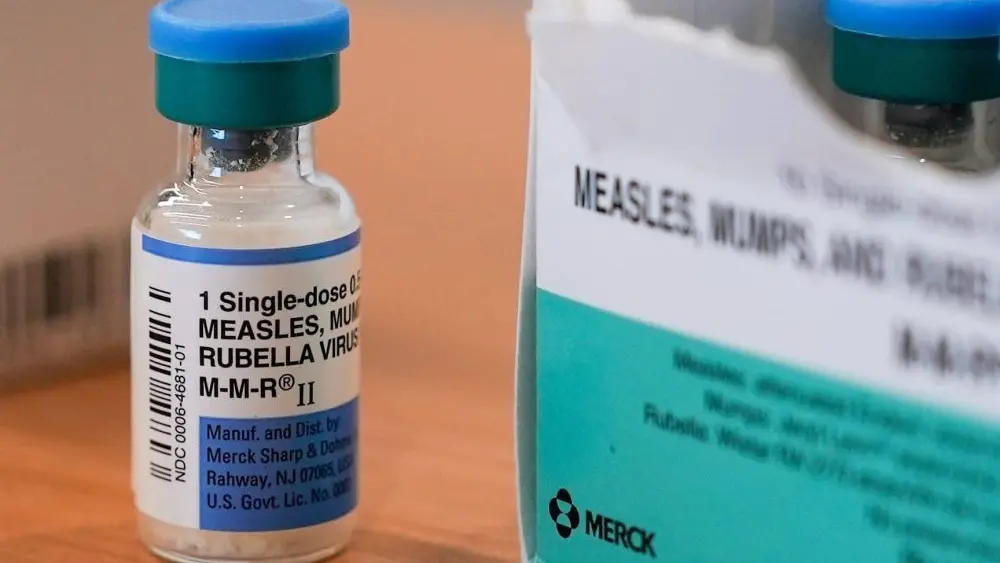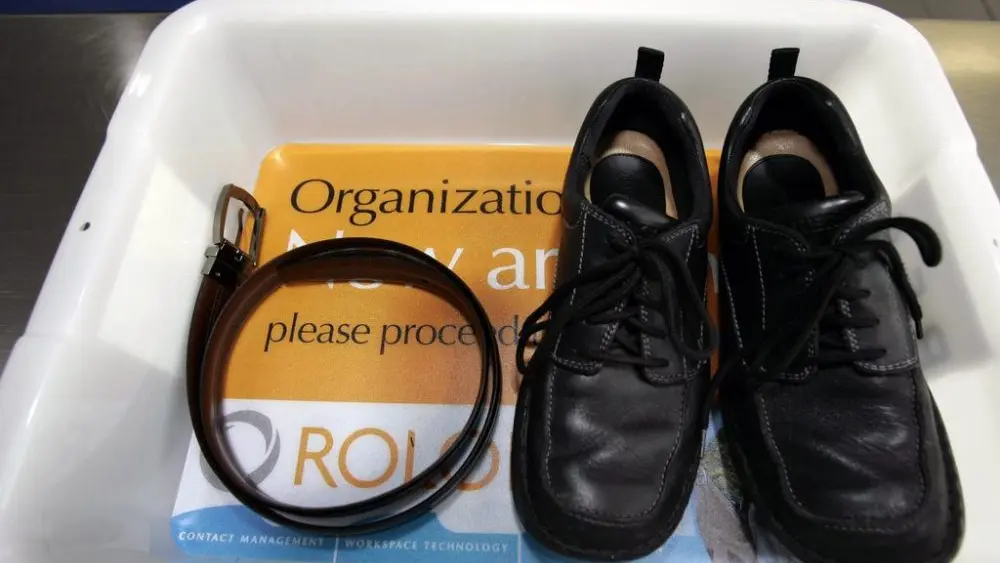The Food and Drug Administration (FDA) has issued a warning that the Abbott NOW™ point-of-care test to diagnose COVID-19 may potentially give inaccurate results. Specifically, the test may return false negative results, with people being told they do not have COVID-19 –when they might. The FDA has received 15 adverse event reports about the Abbott ID NOW™ device that suggest some users are receiving inaccurate negative results. The agency is reviewing these reports.
Hawaii State Department of Health received 12 of the Abbott test kits, and in early May distributed them primarily to hospitals around the state. DOH said two were being sent to the Big Island, to Kona Community Hospital and Hilo Medical Center. The tests return results in as little as 15 minutes, which can be crucial for patients being admitted to the hospital.
“We are still evaluating the information about inaccurate results and are in direct communications with Abbott about this important issue. We will continue to study the data available and are working with the company to create additional mechanisms for studying the test. This test can still be used and can correctly identify many positive cases in minutes. Negative results may need to be confirmed with a high-sensitivity authorized molecular test,” said Tim Stenzel, M.D., Ph.D., director of the Office of In Vitro Diagnostics and Radiological Health in the FDA’s Center for Devices and Radiological Health.
The agency has been working with Abbott to analyze the information gathered to date and has worked with the company on a customer notification letter to alert users that any negative test results that are not consistent with a patient’s clinical signs and symptoms or necessary for patient management should be confirmed with another test.
Although no test is 100% accurate, the FDA says it’s aware of some scientific studies that have identified accuracy issues with Abbott ID NOW and is investigating whether it could be due to the types of swabs used or the type of viral transport media (material used to transport the patient’s specimen). While there is important information to gather from these studies, it should be noted these studies have limitations, including small sample size, potential design biases, or tests that may not have been executed according to the manufacturer’s instructions for use, an important part of scientific research. This is why external scientific studies are one part of the FDA’s overall evaluation of a diagnostic performance.
Moving forward, the FDA says Abbott has agreed to conduct post-market studies for the NOW™ device that each will include at least 150 COVID-19 positive patients in a variety of clinical settings. The FDA will continue to review interim data on an ongoing basis. The information gathered from the post-market studies can further help the agency understand the cause or patterns of any accuracy issues and inform any additional actions the company or the FDA should take.
Abbott Laboratories posted a news release suggesting that the Abbott’s ID NOW™ was being used in ways not intended, and said studies from New York University were not consistent with other studies.
The FDA will keep working with Abbott to further evaluate these accuracy issues and will publicly communicate any updates.




